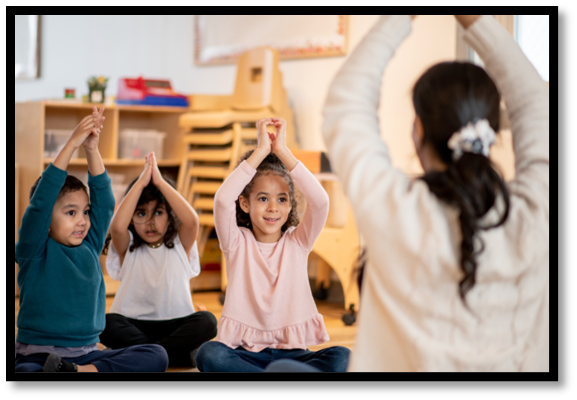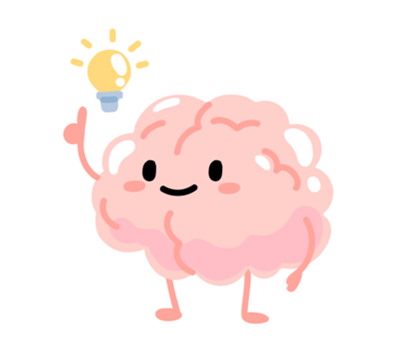In the last election, I’m sure you noticed the myriad of political television and radio commercials where candidates gave you a list of their accomplishments, explained why you should vote for them, and maybe even criticized their opponents. If you were paying attention to those commercials, you most likely used a form of listening called critical listening.
According to Skills You Need , a website devoted to helping people develop life skills, “We can be said to be engaged in critical listening when the goal is to evaluate or scrutinise what is being said. Critical listening is a much more active behaviour than informational listening and usually involves some sort of problem solving or decision making.”
When you are engaged in critical listening, you make a judgement about what you are hearing. So in the example of the political commercials, while listening to the candidates plead their cases for your vote, you may have made a decision based on what you heard. But your decision may not have been based solely on their list of facts, claims, or beliefs and how they related to you. Did the candidate sound sincere? Did she use proper grammar and speak in a way you could understand? Did you like his voice?
We use critical listening skills every day as we communicate with others. When you talk with people, whether in person, on the phone, or over the computer, you are listening to them as they speak, trying to understand what they say, evaluating them based on how they sound, and most likely deciding whether you agree or disagree and if you like or don’t like what they are saying.

We even use critical listening skills when listening to music. Have you ever been to a concert or place where you are listening to live music, and the musician played the wrong note or the singer sounded a bit off-key? Even if you aren’t a musician yourself, you probably recognized when the notes didn’t sound right. This is critical listening. It is something we do every day without even realizing we’re doing it.
Not everyone is a good critical listener, however, and some may accept what they hear without digging any deeper into the meaning of the words or phrases. Fortunately, critical listening is a skill that can be learned and improved, but it is often missing from literacy lessons and programs, as GrapeSEED Senior Trainer Julie Baxa explained in her article, Oral Language and Critical Listening Pieces of the Literacy Puzzle.
Teaching critical listening skills is one of the reasons why GrapeSEED is so successful in helping children grow in literacy development. Through carefully crafted materials, students learn that, for example, when they hear a person’s voice go up at the end of a sentence, that’s a signal that the person is asking a question. They learn to listen to intonation and tone, which can tell you a person’s mood or the emotions they are feeling. By listening to correct pronunciation and phrases, they begin to recognize what “sounds right” and build fluency.
GrapeSEED developers believed that teaching children critical listening skills early on would help them grow faster in oral language and, ultimately, to become strong readers, writers, and communicators. And we are very happy to report that it’s working!




Ready to Start Your Journey?

6425 Living Place
Suite 200 #1021
Pittsburgh, PA 15206
Tel: 800-449-8841
Email: contact.us@grapeseed.com
© 2024 GRAPESEED INTERNATIONAL PTE. LTD.
